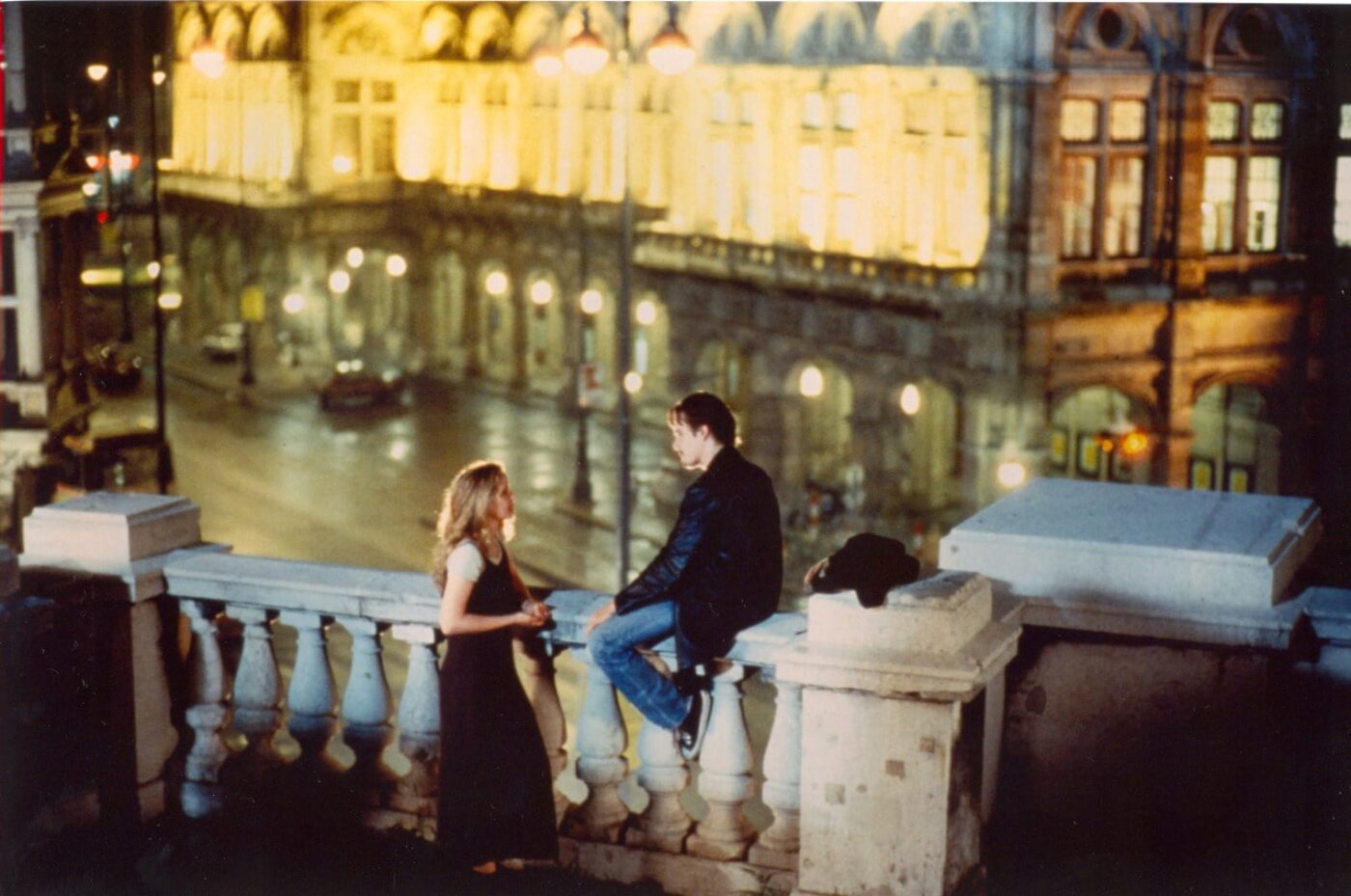I love watching movies with my grandma. Today we watched Before Sunrise, and our last movie was Come and See. It’s a rare person that can enjoy and speak to both of these movies — and to be so open to new experiences at 82? Should I be lucky enough to live as long, I can only hope to be half as curious as her.
I greatly enjoyed the realism of Before Sunrise. The two main characters felt fully-defined in a way I’ve rarely seen in movies. Their connection felt genuine, not only because their mannerisms were believable, but because they did the dance that most everyone does when meeting someone new: they felt for contours, their boundaries. Sometimes they’d miss a connection and would simply let the moment pass; sometimes they’d disconnect and, feeling the miss, approach it directly until they understood where the difference came from.
So many relationships in movies feel one-dimensional — for example, two people hate each other before overcoming their differences and living in perfect harmony. It’s always refreshing to find stories where that’s not the case, where two people can build a connection while each maintaining their own interior lives.
The two characters spoke a little bit more eloquently than the average person I meet — but not much more. It’s entirely possible I’m the one responsible for this mismatch, as when I meet someone for the first time I always try to default to accessibility over eloquence. Better to be understood and boring, in my opinion, than to speak one’s mind and risk completely misreading the moment. Perhaps, were I to open conversations with the loopiest curveball I can think of, I could unlock some deeper connection with the people I meet? Certainly a worthy experiment, if nothing else.
One thought that bubbled up repeatedly during the movie was what the movie said about modern society writ large, about the connections that it enables and prohibits. The reality of the movie is that two people, traveling on a train hundreds or even thousands of miles from home, formed a connection while speaking a mutual language, then got off the train and spent 12 hours in a city that neither one knew particularly well, enjoying everything the city had to offer and encountering a vast spectrum of different cultural backgrounds and experiences. It’s hard to imagine such a thing happening at any prior moment in human history.
Yet, for all the connections it enables, modern society is capable of taking away just as much, if not more. One of the characters hints at this when (correctly) pointing out that modern technology hasn’t lived up to its potentially life-changing potential to give us more time to actually follow our dreams. However, I think the most suggestive scene in this direction happens at the very end of the movie, when the camera revisits all of the places the couple had visited the night before. Our protagonists are on their respective trains, being pulled in separate directions by obligation and the winds of fate. Meanwhile, the public areas, the stages upon which their love had so briefly blossomed, simply continue existing, with no evidence that anybody had ever been there, let alone experienced one of the best nights of their lives.
